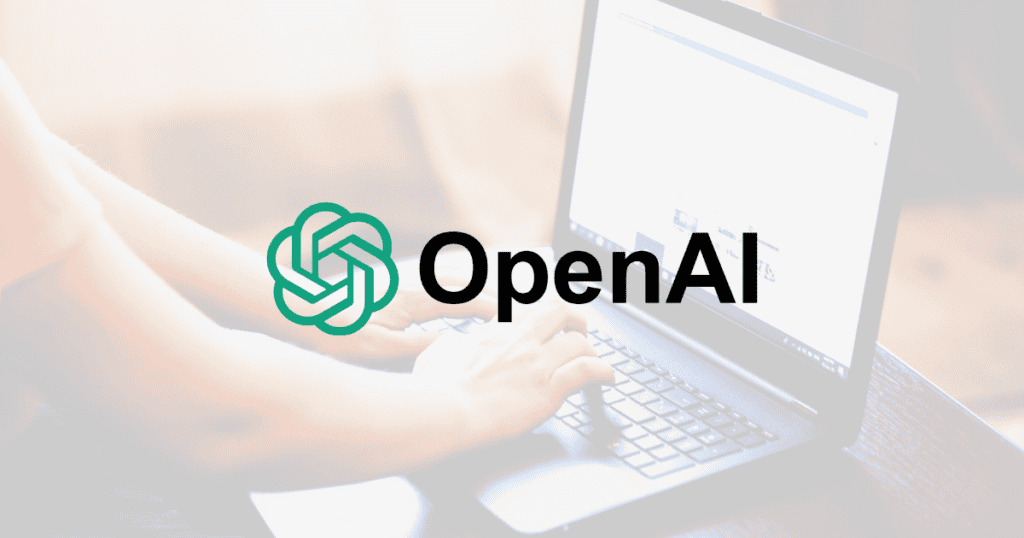OpenAI’s recent introduction of the SearchGPT AI search engine marks a significant advancement in how information is accessed and processed. This innovative tool not only provides real-time answers but also facilitates a conversational interface that allows for follow-up inquiries, enhancing user engagement. Moreover, its collaboration with major publishers guarantees content reliability, which is increasingly vital in today’s digital landscape. As we examine the implications of these features, it becomes essential to evaluate how they may transform our approach to digital content and the overall user experience. What might this mean for the future of information retrieval?
Overview of SearchGPT
SearchGPT is an innovative AI-powered search engine developed by OpenAI, aimed at delivering real-time, conversational access to relevant web information.
Launched in prototype mode on July 25, 2024, it is currently available to a select group of 10,000 test users.
Unlike traditional search engines that primarily provide links, SearchGPT emphasizes an interactive experience by summarizing search results and allowing users to ask follow-up questions.
This engine is powered by the advanced GPT-4 family of models, which enhances its capability to deliver accurate, contextual information.
Through features such as in-line attribution, SearchGPT guarantees transparency, making it a valuable tool for users seeking quick and reliable web insights while reshaping the future of digital content consumption.
Key Features and Innovations
The innovative design of this AI search engine introduces several key features and innovations that greatly enhance user engagement and information retrieval efficiency. SearchGPT integrates real-time web information, delivering immediate answers with relevant results and direct links to sources. Its AI-powered search engine allows users to ask follow-up questions, fostering a dynamic conversational experience.
| Feature | Description |
|---|---|
| Real-Time Information | Provides up-to-date answers with direct source links. |
| Conversational Capabilities | Engages users by allowing follow-up questions for context. |
| Publisher Collaboration | Enables publishers to manage content visibility effectively. |
| Efficient Summarization | Streamlines information retrieval, enhancing user experience. |
These innovations aim to reshape how users interact with digital content while ensuring transparency.
User Experience and Interface
User experience and interface design in SearchGPT prioritize clarity and efficiency, allowing users to effortlessly navigate and engage with real-time information.
The search engine features a conversational interface that facilitates direct answers paired with relevant source links, enhancing trustworthiness and comprehension.
Users benefit from a streamlined search experience, markedly reducing the need for multiple queries typical of traditional search engines.
The platform fosters dynamic interactions by enabling follow-up questions, allowing context to build with each inquiry, akin to a human-like conversation.
Additionally, a sidebar feature offers extra source links, equipping users with further resources to explore.
Collaboration With Publishers
Collaboration with major publishers such as The Wall Street Journal and Associated Press is central to enhancing the SearchGPT experience, ensuring that users receive high-quality, credible content.
By partnering with these esteemed organizations, SearchGPT can provide well-sourced information while allowing publishers to manage how their content appears in search results. This partnership emphasizes clear attribution and links to original sources, fostering transparency and trust among users.
Additionally, publishers can choose to opt-out of content training while still maintaining visibility in SearchGPT results, promoting flexibility in their engagement.
OpenAI actively seeks feedback from publishing partners, addressing their needs and concerns to refine the platform, ultimately benefiting both content creators and users in the evolving digital landscape.
Impact on Digital Content
OpenAI’s SearchGPT is poised to considerably influence the landscape of digital content by altering how users discover and engage with information, raising critical questions about content monetization and publisher visibility.
As an advanced AI search engine, SearchGPT enhances visibility for publisher sites through clear attribution, yet it may inadvertently reduce website traffic and ad revenue for content creators.
Users might increasingly rely on summarized responses, diminishing the incentive to click through to full articles.
This shift compels a reassessment of revenue models, particularly for smaller websites struggling to compete with larger entities benefiting from AI-driven search capabilities.
Ultimately, the reliance on advertisements underscores the necessity of user engagement, as decreased clicks could jeopardize the financial sustainability of many digital content platforms.
Future Developments and Roadmap
The roadmap for SearchGPT includes ongoing enhancements driven by user and publisher feedback, aimed at refining features and ensuring the search engine meets evolving needs.
Key future developments focus on:
- Integrating the best features from the prototype into ChatGPT to enhance overall functionality.
- Refining local information and commerce features to provide more relevant search results for users in specific contexts.
- Emphasizing the importance of high-quality content from publishers, fostering a relationship that benefits both technology and creators.
- Offering users the opportunity to join a waitlist for early access, indicating a commitment to expanding the user base as SearchGPT matures.
These initiatives highlight the importance of user feedback in shaping a trusted and effective search experience.
Feedback and Community Engagement
User feedback plays a pivotal role in shaping the development of SearchGPT, as the platform actively seeks insights from both test users and publishers to enhance its features and address key concerns related to content visibility and attribution. This prototype stage allows for a focused community engagement effort, where user experience is prioritized.
| Aspect | Importance |
|---|---|
| Feedback from Users | Refines functionalities |
| Publisher Input | Enhances content visibility |
| Community Engagement | Fosters collaboration |
MacReview Verdict
In conclusion, OpenAI’s SearchGPT represents a significant advancement in AI-driven information retrieval.
By combining real-time responses with a conversational interface, it enhances user engagement and accessibility to reliable content.
The collaboration with major publishers guarantees the credibility of information, fundamentally transforming the digital content landscape.
As the saying goes, ‘Knowledge is power,’ and SearchGPT empowers users by streamlining the search process, paving the way for a more informed society and fostering a deeper understanding of information.




